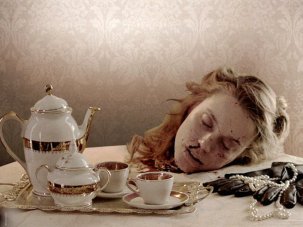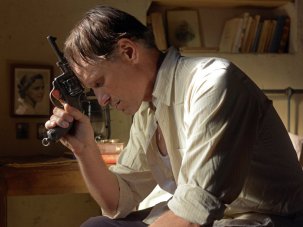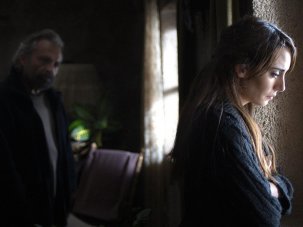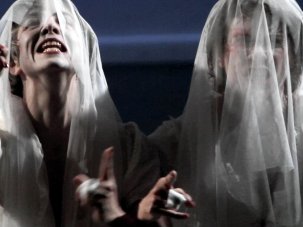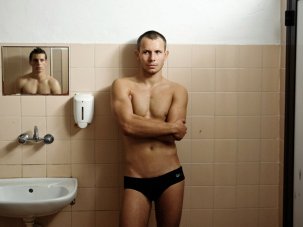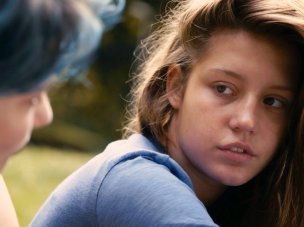Web exclusive
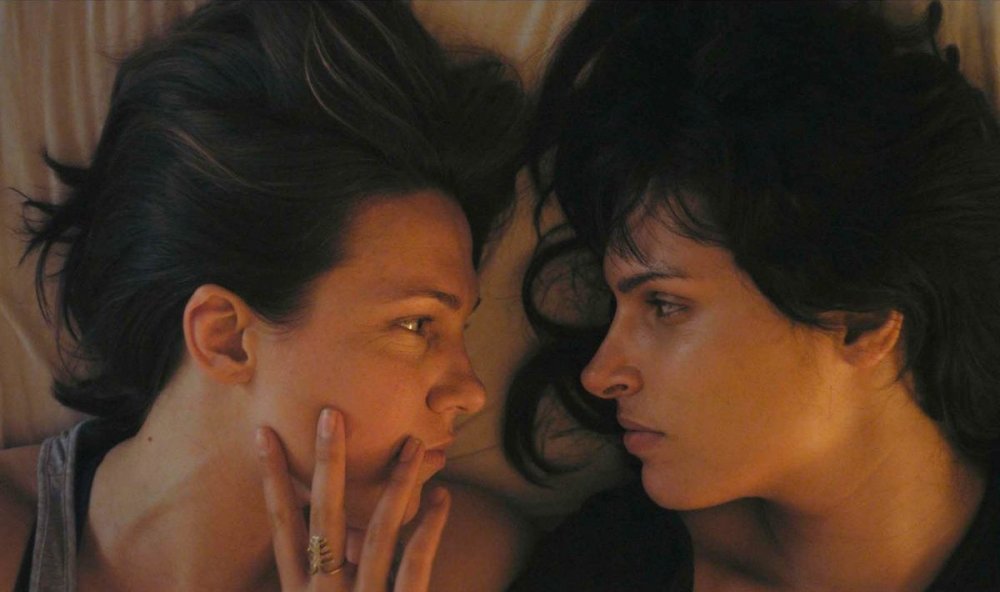
Appropriate Behavior (2014)
While the crowded programmes at most film festivals often prompt a wish for powers of bilocation, that went double at this year’s London Film Festival because of the programme’s unusual and welcome number of films that foregrounded bisexuality, after years of bi invisibility.
8-19 October 2014 | UK
London saw the world premiere of Carol Morley’s critically acclaimed The Falling, which, in its evocation of 1960s adolescent female struggles, implicitly offers a pre-history of the liberated fourth-wave feminist sexuality portrayed in Desiree Akhavan’s Appropriate Behavior and Shonali Bose’s Margarita, with a Straw. Both the latter combine a bold insistence on rewriting the coming-out narrative through complex contemporary female protagonists with frank, sensual and comic portrayals of sexuality which, combined with their New York settings, has seen them grouped with Lena Dunham’s television series Girls and Gillian Robespierre’s pregnancy romcom Obvious Child, a hit at this year’s Sundance.
Appropriate Behavior is absolutely a film of this milieu and moment: its protagonist Shirin (played by Akhavan) moves through a world of Tinder hookups and hipster threesomes carrying the strap-on that’s the only survivor of her relationship with Maxine (Rebecca Henderson). Their relationship foundered on the twin hazards of Shirin’s heightened sexuality within the relationship and a procrastination around coming out.
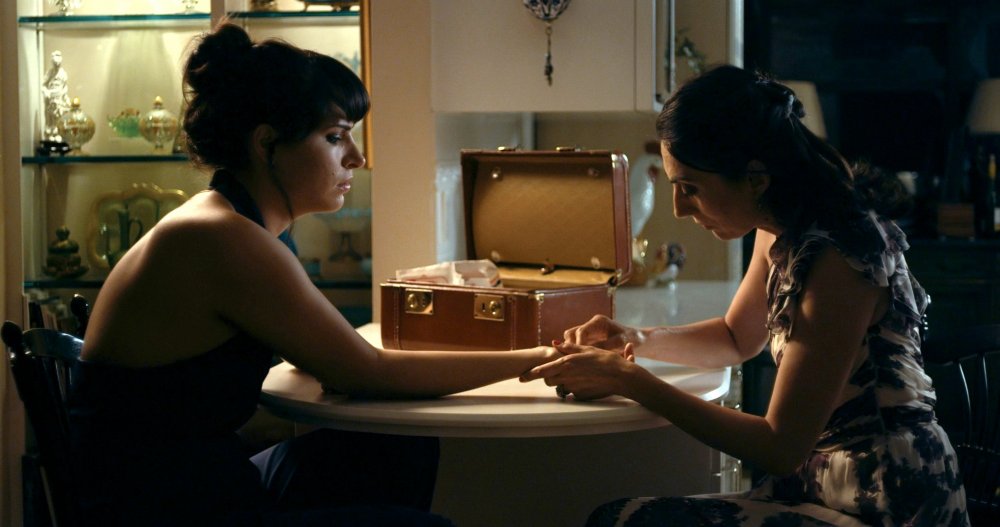
Appropriate Behavior (2014)
While the film is concerned with navigating sex and family, it’s also an entry into the canon of New York emerging artist/slacker dramedies. An aspiring filmmaker with no teaching experience, Shirin finds herself making movies with five-year-olds – finally, she pratfalls literally and metaphorically to their level. The resulting farting zombie short is a rude, funny anti-classic insistent on entertaining its audience, a pertinent analogy for Appropriate Behavior.
For Shirin, everything is up in the air – and productively so, something her middle-class Iranian-American parents find hard to understand. Her eventual coming out in Farsi – “Mom, I’m a little bit gay” – is greeting by a sad, warm denial and, the film implies, Shirin moving on. Whereas Maxine has met her family’s rejection with counter-rejection, we get the sense that Shirin will continue her balancing act that, with all its pratfalls and lack of closure, is both real and satisfying.
Laila (Kalki Koechlin), the protagonist of Margarita, with a Straw, meets a similar denial from her mother. After the sensory, political and erotic awakening of her first semester at NYU, Laila returns to her family in Delhi with her ‘friend’ Sameera (Shuchi Dwivedi), who becomes part of the family. Emboldened by the warm welcome, Laila attempts to come out to her mother (Revathi), who mishears Laila’s “I’m bi, mom” (spoken in a mixture of Hindi and English) as if Laila had said bai (maid) and responds with a peroration on the oppression of women in middle-class Indian households. It’s an unexpected moment of release, symbolic of the film’s generous humour, finely-directed drama and vivid performances.
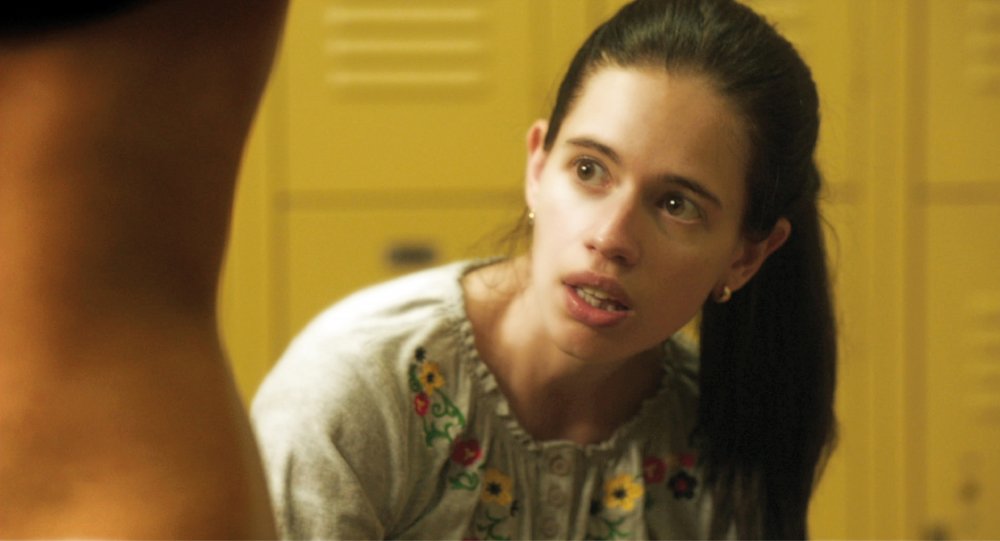
Margarita, With a Straw (2014)
It’s driven by Laila’s determination to be seen for herself; the second time she comes out, her mother understands but refuses the possibility of her daughter having an “abnormal” sexuality, until Laila draws a stinging analogy between her mother’s rejection of bisexuality and the world’s rejection of Laila’s cerebral palsy, against which her mother has always fought. Reconciliation and acceptance are made bittersweet both by Laila’s falling-out with Sameera over the revelation that Laila slept with fellow student Jared (William Moseley), and by her mother’s illness.
Bose said in the festival Q&A that the film, while entirely fictional, drew on a number of elements in her own life: her sister has cerebral palsy (and enjoys margaritas), while Bose herself is bisexual and regrets not coming out to her mother before her death. She started the film project on the anniversary of her teenage son’s death, and it’s a film suffused with a commitment to seizing the moment, a brilliant joy in living that illuminates and is illuminated by Koechlin’s skilled performance.
In her Q&A, Morley said that the mood of The Falling emerged from her teenage experience of grief after her father’s death, and the sense that no one takes seriously young people’s strong feelings, or creates the space to express them.
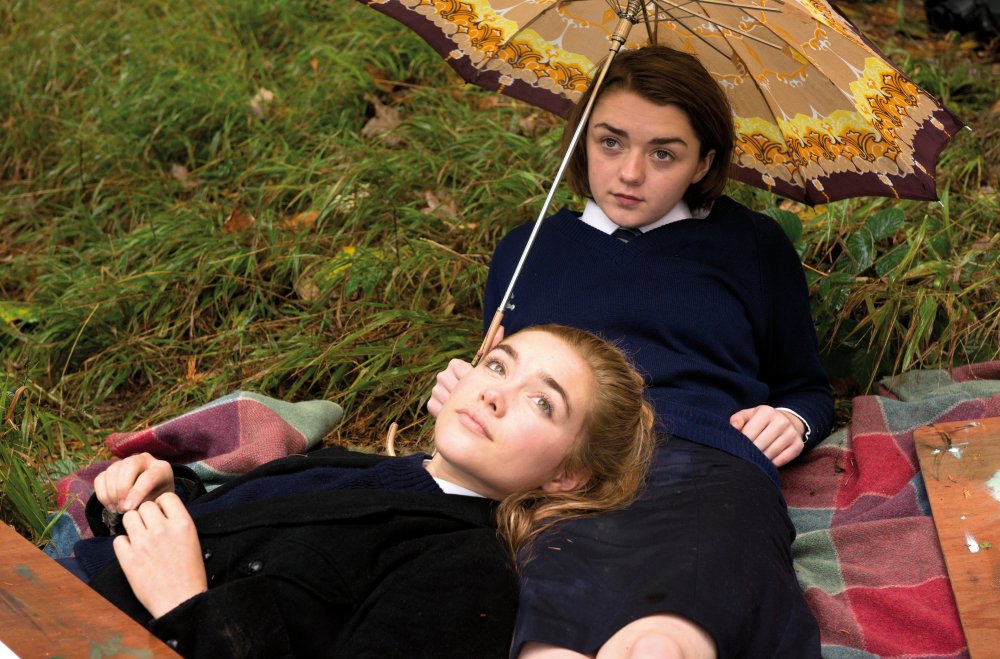
The Falling (2014)
The characters in The Falling, living in rural Oxfordshire in 1969, have fewer spaces and freedoms than Laila and Shirin find in New York; they are instead trembling on the edge of something – not just sexual revolution, but the politics that came with it. “Wake up!” yells schoolgirl Lydia (Maisie Williams) at her classmates and teachers, just before she is expelled.
In the film’s uncanny event of mass hysteria, in which Lydia and her friends faint and tic uncontrollably, Morley fashions a delicate yet devastating metaphor for the burden of patriarchy. Where men intrude into the film, they are destructive. Sex with them inevitably results in pregnancy – here variously associated with getting sacked, dying, miscarrying and being raped. But hetero sex also represents an exciting alternative to the cloistered atmosphere of Lydia’s school, the only possible escape route that girls like Abby (Florence Pugh) can envision.
It’s into and through this double bind that Lydia comes to consciousness. “No-one knows who I am anymore,” she tells her friend Titch (Rose Caton), as she (and the audience) realises how powerful she might be. Morley allows a hint that the mass hysteria, and even Abby’s fate, may have been caused by Lydia’s eldritch powers, while simultaneously grounding Lydia’s rage and collapse in her devastating grief and love for Abby. It’s another beautiful balancing act, one as daring as Lydia’s final scene in the branches of Abby’s favourite tree.
What makes these films so compelling and affecting is not (just) their bi visibility but that, through bisexuality, their characters and narratives are suffused with a love of the whole, wide world.
-
The Digital Edition and Archive quick link
Log in here to your digital edition and archive subscription, take a look at the packages on offer and buy a subscription.





